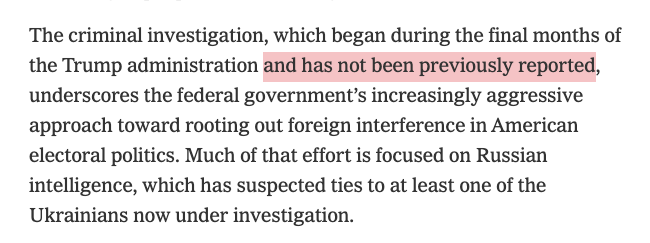
The Internet, as it was originally designed, was meant to be decentralized.
As it exists now, it is more and more monolithic proprietary data silos.
As it exists now, it is more and more monolithic proprietary data silos.
https://twitter.com/evan_greer/status/1409613425945219079
Email was designed as a decentralized distribution and storage system. While that same fundamental system exists today, most of us get our email form providers of monolithic service sites, like gmail, with proprietary storage and internal exchange protocols.
The web is the ultimate decentralized service. Yet Google managed to put a monolithic service on top of it (the search engine) that became essential.
The closest thing to "social media" on the early Internet was USENET. It allowed for free discussion of ideas in a forum that was redundantly stored on multiple servers across the Internet, and anyone could add servers to it or interact with it.
Every modern social media system is a monolithic service provided by a single company, which controls all data and policies for its own profit.
There is no reason why we can't design a new social media system, set up as an open protocol for communicating conversation in a distributed way.
Except that nobody has their eye on making such a thing.
Except that nobody has their eye on making such a thing.
In short, everybody forgot about the early model of the Internet, which provided services, in favor of the new model, which is focused on competition between sites (aka vendors).
I'm not sure how we ever get back to that service-oriented Internet, but if we ever do it has to be because people start talking about it as a thing they want.
But most people don't even realize it ever existed, or really understand the difference between then and now.
But most people don't even realize it ever existed, or really understand the difference between then and now.
• • •
Missing some Tweet in this thread? You can try to
force a refresh




